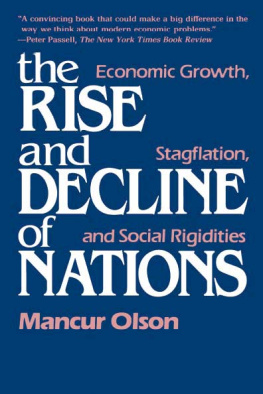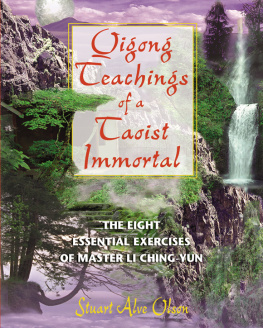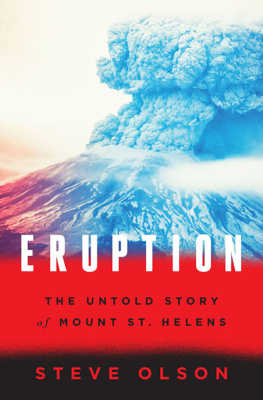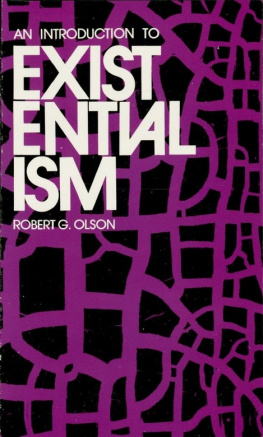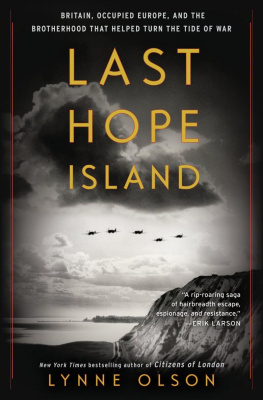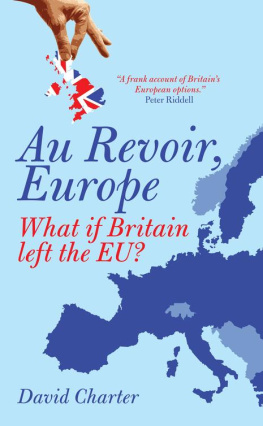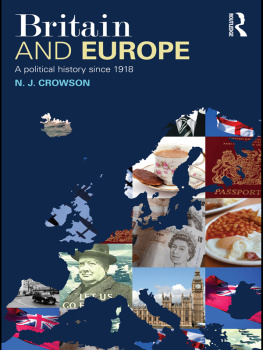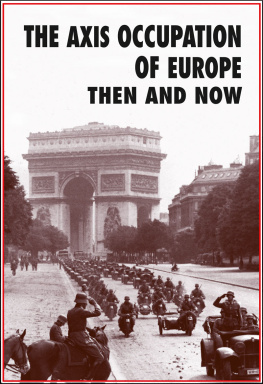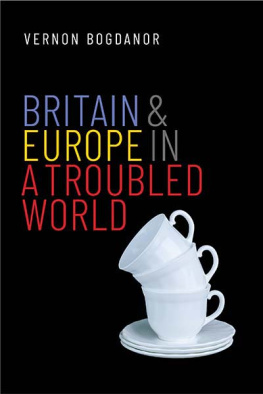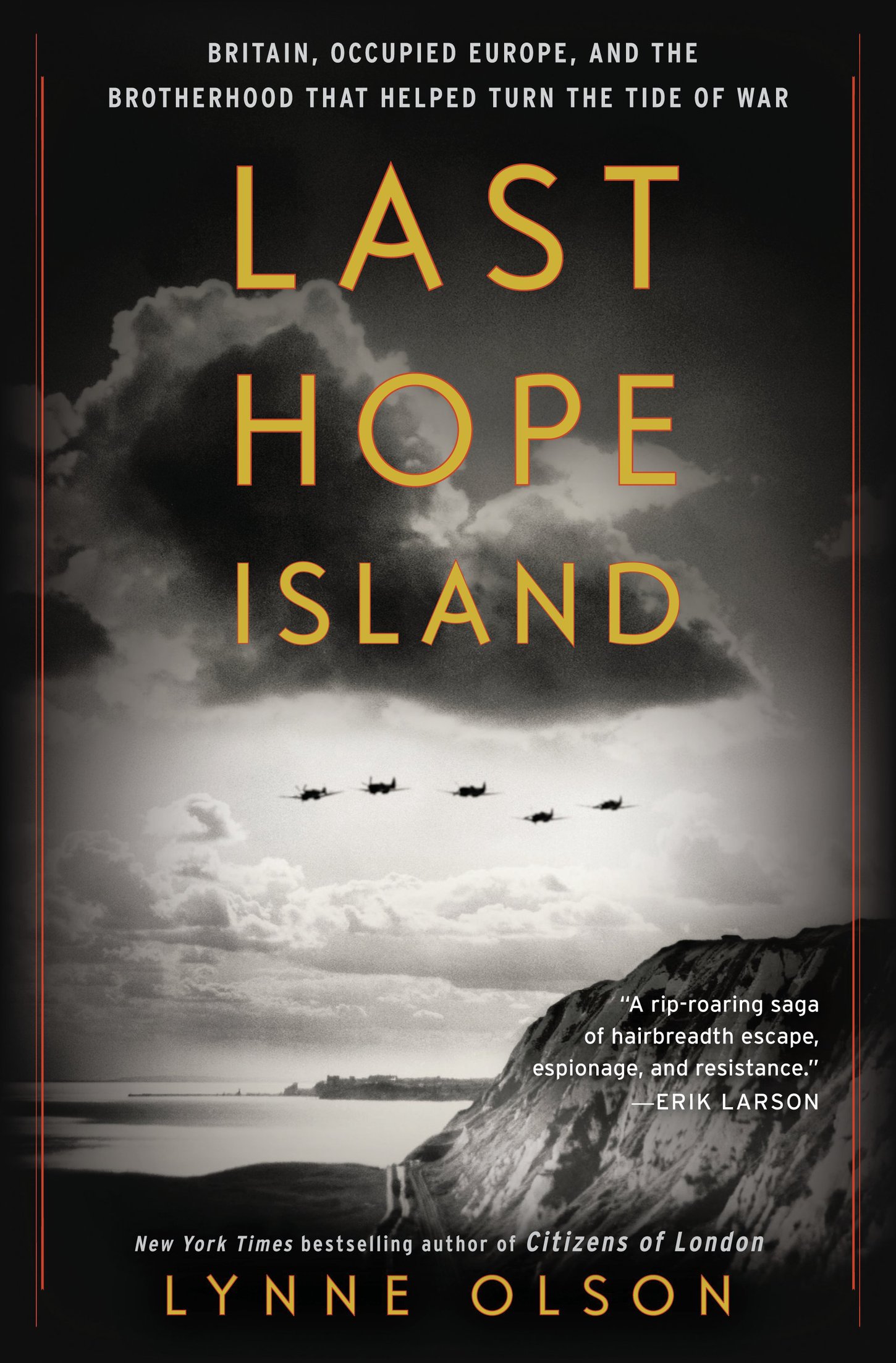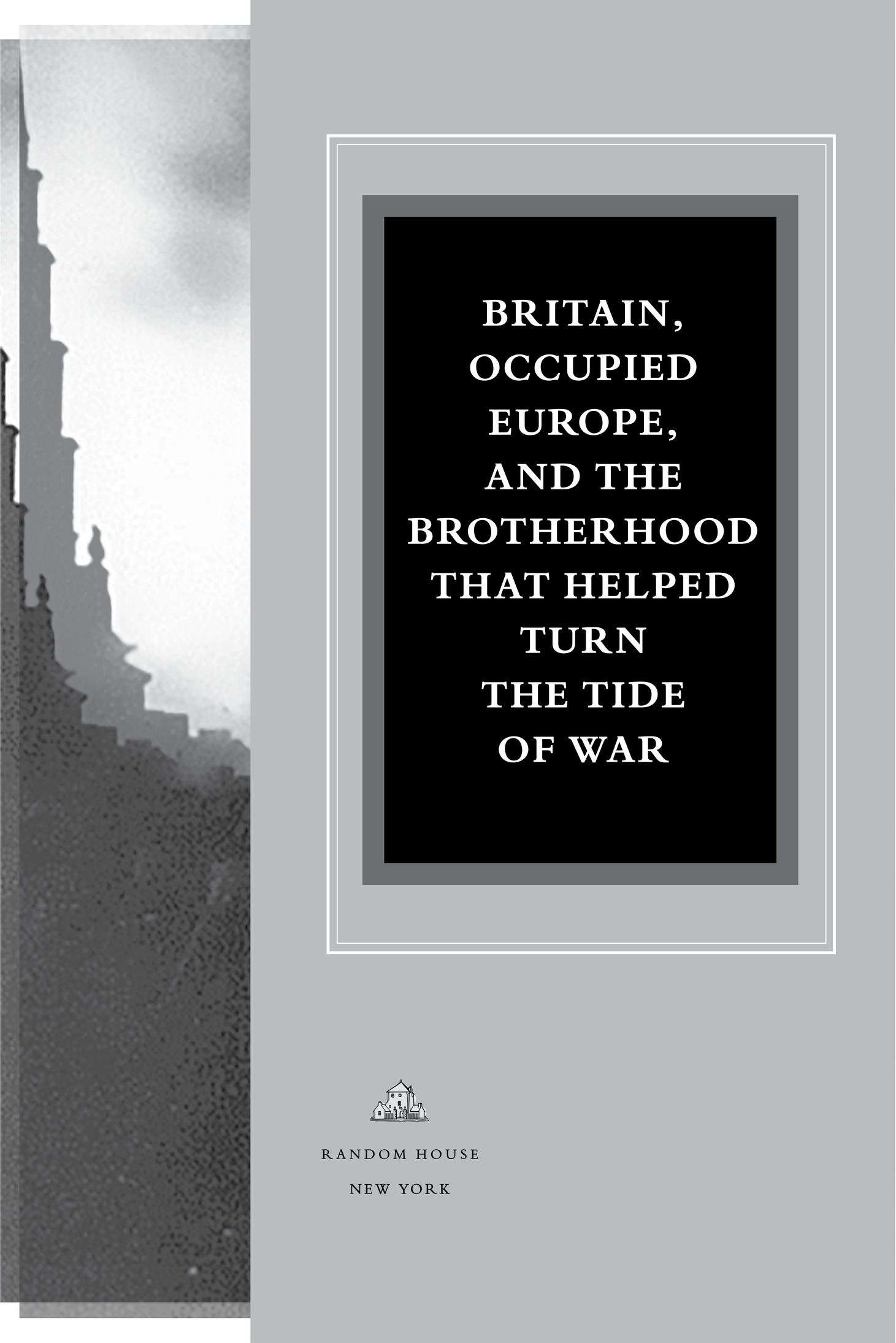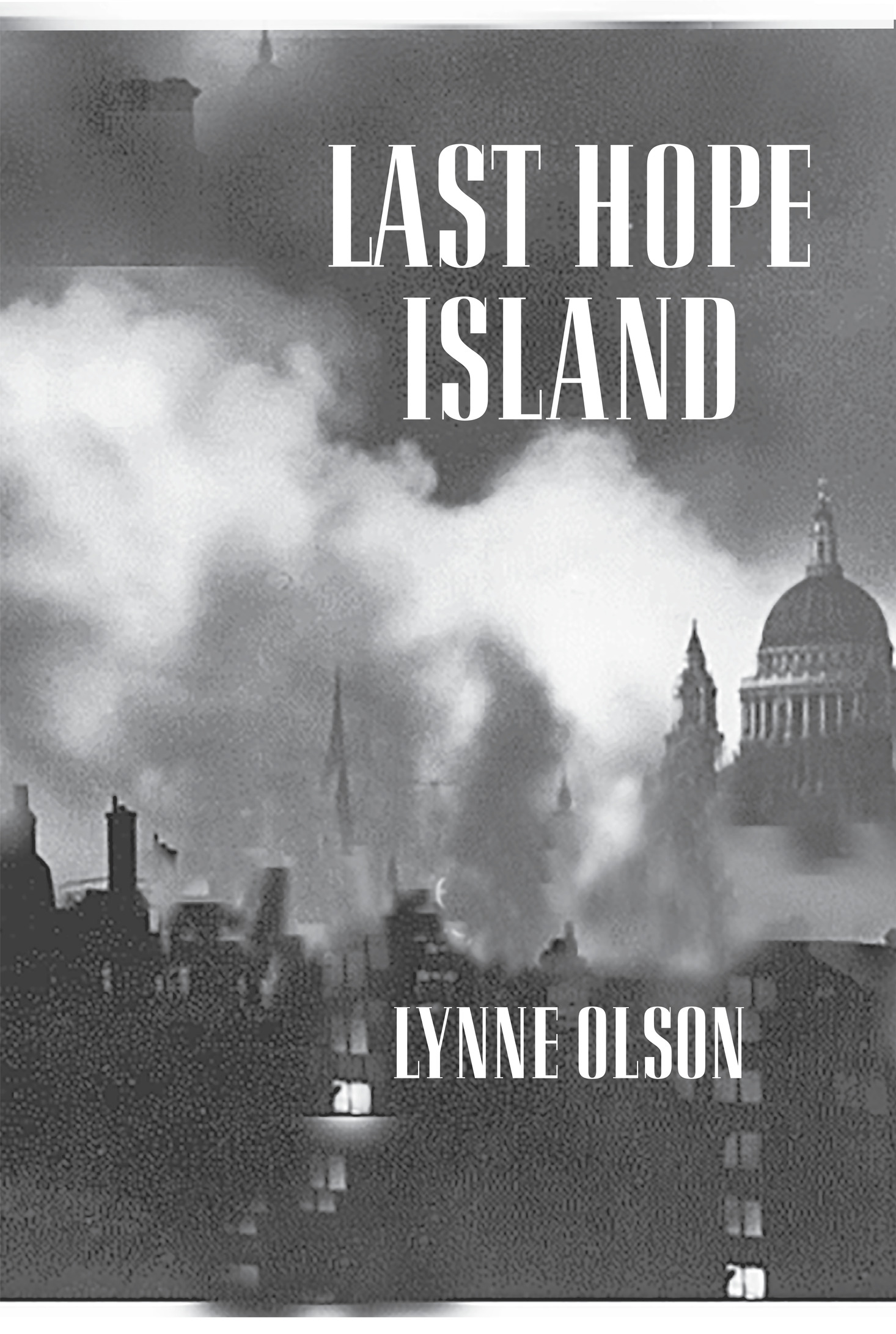As of the time of initial publication, the URLs displayed in this book link or refer to existing websites on the Internet. Penguin Random House LLC is not responsible for, and should not be deemed to endorse or recommend, any website other than its own or any content available on the Internet (including without limitation at any website, blog page, or information page) that is not created by Penguin Random House.
Copyright 2017 by Lynne Olson
All rights reserved.
Published in the United States by Random House, an imprint and division of Penguin Random House LLC, New York.
R ANDOM H OUSE and the H OUSE colophon are registered trademarks of Penguin Random House LLC.
PHOTO CREDITS: All images are from the Library of Congress with the exception of , from Getty Images.
L IBRARY OF C ONGRESS C ATALOGING-IN- P UBLICATION D ATA
N AMES: Olson, Lynne, author. T ITLE: Last Hope Island: Britain, Occupied Europe, and the Brotherhood That Helped Turn the Tide of War / Lynne Olson. D ESCRIPTION: First Edition. | New York: Random House, [2016] | Includes bibliographical references and index. I DENTIFIERS: LCCN 2016019187 | ISBN 9780812997354 (hardback) | ISBN 9780812997361 (ebook) S UBJECTS: LCSH: World War, 19391945Governments in exile. | World War, 19391945Diplomatic history. | World War, 19391945Europe. | World War, 19391945Great Britain. | Heads of stateEnglandLondonHistory20th century. | EuropeansEnglandLondonHistory20th century. | ExilesEnglandLondonHistory20th century. | Political refugeesEnglandLondonHistory20th century. | Government, Resistance toEuropeHistory20th century. | EuropePolitics and government19181945. C LASSIFICATION: LCC D810.G6 O46 2016 | DDC 940.53/4dc23 LC record available at https://lccn.loc.gov/2016019187
Ebook ISBN9780812997361
randomhousebooks.com
Title-page photograph by Getty (Bombing raid against London, 1940)
Book design by Barbara M. Bachman, adapted for ebook
Cover design and photo-illustration: Daniel Rembert,
adapting original images Christopher McLallen/Millennium
Images, UK (landscape), and Tony Hisgett (airplanes)
v4.1
ep
Contents
F or much of its long and fabled history, Britain has done its best to stay clear of Europe and its entanglements. In the mid-1800s, Prime Minister Benjamin Disraeli declared that his country, with its worldwide empire and mastery of the sea, had outgrown the continent of Europe. Almost a century after Disraelis remark, Britons continued to view continental Europeansand foreigners in generalas nothing but trouble. As the CBS correspondent Edward R. Murrow put it, the British were sustained by a peculiar quiet arrogancea feeling that they are superior to other people.
In the 1930s, the British stood quietly by as Hitler rose to power and began his conquest of Europe. For the sake of peacetheir own peacethey did little or nothing to prevent country after country from being taken over by Germany. In the case of Czechoslovakia, they actively cooperated in its seizure. Referring to that nation in September 1938, Prime Minister Neville Chamberlain voiced the feelings of many of his countrymen when he complained, How horrible, fantastic, incredible it is that we should be digging trenches and trying on gas masks here because of a quarrel in a faraway country between people of whom we know nothing.
Then, in the chaos-filled days of May and June 1940, London, to its residents shock, suddenly found itself the de facto capital of Europe. Every other day, it seemed, King George VI and Winston Churchill, Chamberlains successor, were summoned to a London train station to welcome yet another king, queen, president, or prime minister whose countrys freedom had been brutally snatched away in the Nazi blitzkrieg of Europe. In less than a month, the British capital had become a haven for the governments and armed forces of six European countries conquered by HitlerCzechoslovakia, Poland, Norway, Holland, Belgium, and Luxembourg. The self-appointed representative of free France, General Charles de Gaulle, also fled there.
Most of the exiled leaders had initially resisted leaving their nations, feeling the same way about Britain as it did about them. They were horrified by its earlier refusal to confront Hitler and come to their countries aid. Yet what alternative did they have? Energized in the nick of time by its new prime minister, Britain was the only nation in Europe still holding out against Germany. Only there could the Allied governments join forces and continue the fight.
Ignoring opposition from members of his cabinet and much of the rest of the British government, Churchill warmly welcomed the Europeans. While unquestionably heartfelt, his hospitality contained a strong element of national self-interest. After the fall of France and most of the rest of Europe, Hitler had turned his sights on the British, whose future now verged on the calamitous. They were about to experience the full fury of German power, and they would have to rely on the foreigners they had so disdainedtheir first alliesto help them survive in the desperate struggle to come.
WHEN MY HUSBAND, Stan Cloud, and I were researching the early years of World War II for our first book, The Murrow Boys, we happened to see an old movie about the Battle of Britain, which included a scene about a squadron of Polish pilots. Until then, we had no idea that any but British pilots had flown in that epic fight, and we wanted to find out more. In doing so, we discovered that dozens of Poles not only had participated but actually had played a critical role in winning the battle. We decided that their story, unknown to most Americans, deserved telling. But as we dug deeper, we realized that the importance of the Polish contribution to the Allied victory went far beyond the pilots exploits. The Poles and their wartime experiences became the subject of A Question of Honors, the second book we wrote together.
Over the next ten years, I wrote three more books about World War II, all dealing with various aspects of Britains struggle for survival in the wars early years. Much of my focus was on Winston Churchills extraordinary leadership and the courage of ordinary Britons in waging that fight. I also examined Britains relationship with its two major wartime alliesthe United States and Soviet Union.
In exploring these subjects, I made another discovery: Poland was hardly the only occupied European country to have helped the Allied cause. Indeed, most of the captive nations whose governments escaped to London provided aid as wellsupport that, in the dark years of 1940 and 1941, arguably saved Britain from defeat and, in the latter part of the war, proved of immense benefit to the overall Allied victory.



